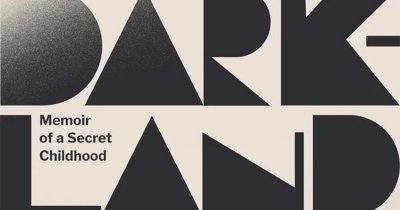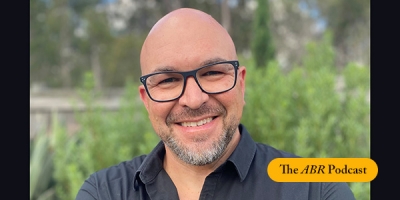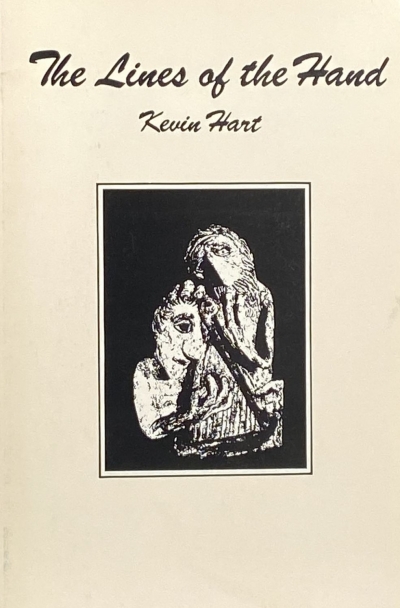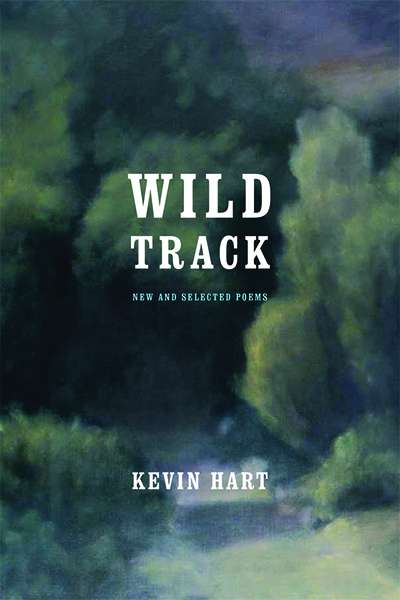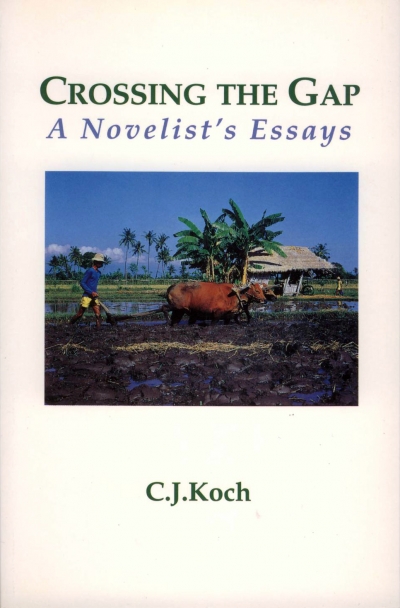Kevin Hart
Sign up to From the Archive and receive a new review to your inbox every Monday. Always free to read.
Recent:
Someone has left the day wide open here
But no one ever comes to mow the grass.
A man stands out of earshot, just a flash
This week on the ABR Podcast we consider a poetics of contemplation with Scott Stephens. In his review of Kevin Hart’s book on reading and thinking, Lands of Likeness, Stephens writes, ‘there is no desire to consume the object of contemplation; what there is, is a longing to understand’. Scott Stephens is the ABC’s Religion & Ethics online editor and the co-host, with Waleed Aly, of The Minefield on ABC Radio National. Listen to Scott Stephens’ ‘Nothing but kestrel: Kevin Hart’s invitation to read contemplatively’, published in the March issue of ABR.
... (read more)Lands of Likeness: For a poetics of contemplation by Kevin Hart
John Hanrahan reviews 'A.D. Hope' by Kevin Hart, 'James McAuley' by Lyn McCredden, 'Peter Porter' by Peter Steele, 'Reconnoitres' edited by Margaret Harris & Elizabeth Webby, 'Annals of Australian Literature' edited by Joy Hooton & Harry Heseltine
Oxford University Press has begun a welcome series called Australian Writers. Two further titles, Imre Salusinszky on Gerald Murnane and Ivor Indyk on David Malouf, will appear in March 1993, and eleven more books are in preparation. Though I find the first three uneven in quality, they make a very promising start to a series. In some ways they resemble Oliver and Boyd’s excellent series, Writers and Critics, even being of about the same length. However this new series is less elementary, more demanding of the reader. It is, predictably, far sparser in critical evaluation, concentrating on hermeneutics, and biographical information is as rare as a wombat waltz.
... (read more)

